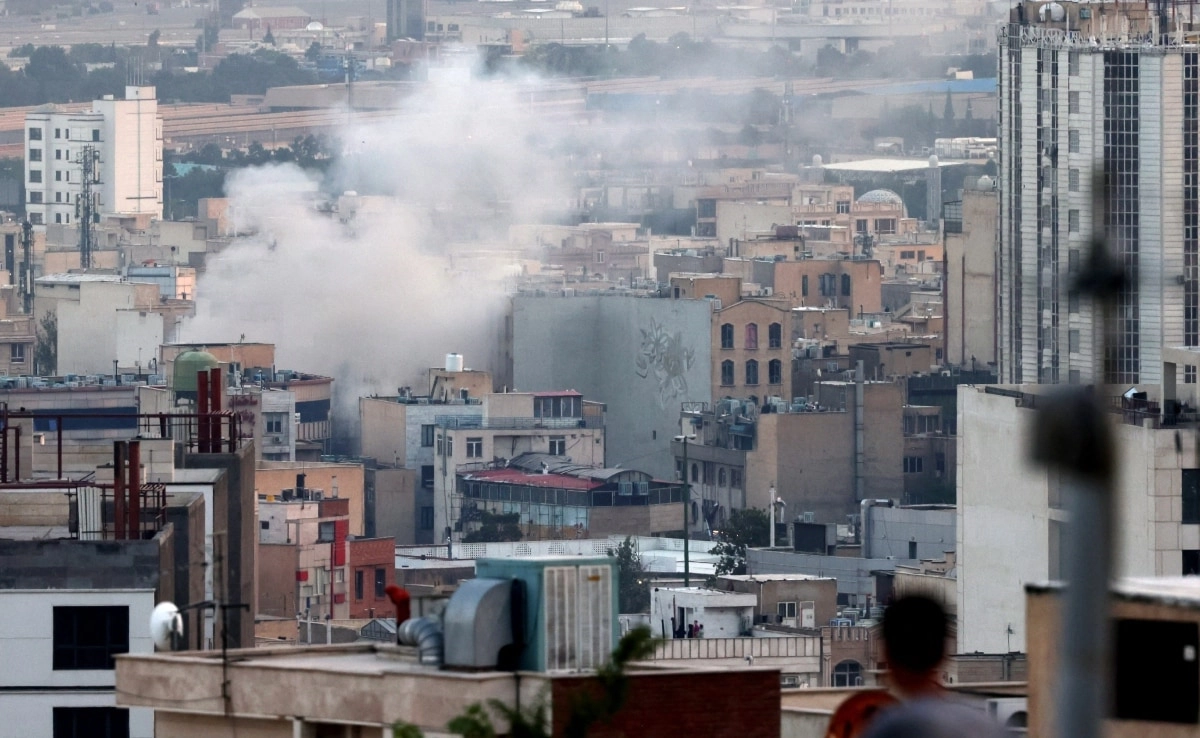In a series of recent Israeli airstrikes, over 650 Iranian military personnel and civilians have lost their lives, marking a significant escalation in the ongoing conflict between Israel and Iran. These strikes, which have primarily targeted military installations and supply lines, have resulted in substantial casualties that underscore the gravity of the situation. The Iranian government has condemned these attacks, framing them as acts of aggression that threaten regional stability and security. The toll on Iranian forces highlights the deepening tensions in the Middle East, with both sides poised for further confrontation.
The strikes are part of a broader strategy by Israel to counter Iranian influence in the region, particularly in Syria, where Iranian forces have established a significant presence. Israel has long viewed Iranian military entrenchment near its borders as a direct threat, prompting preemptive actions aimed at neutralizing that risk. The casualties reported not only reflect military losses but also include innocent civilians caught in the crossfire, raising concerns about humanitarian impacts and the ethics of such military operations. The situation underscores the complexities of modern warfare, where military objectives often overlap with civilian populations, leading to devastating consequences.
In response to these events, Iranian leaders have vowed to retaliate, promising that the loss of personnel will not go unanswered. This promise of retaliation raises fears of a broader conflict that could engulf the region, drawing in various state and non-state actors. The cycle of violence appears to be escalating, with each side preparing for potential future confrontations. As the international community watches closely, there are calls for diplomatic efforts to de-escalate tensions and prevent further loss of life. The situation remains fluid, and the consequences of these strikes may reverberate far beyond the immediate conflict, impacting regional dynamics and international relations for years to come.
As the death toll continues to rise, the implications for Iran’s military strategy and Israel’s defense posture will likely evolve. Both nations are at a critical juncture, where military actions could lead to unintended consequences, including wider regional instability. The need for dialogue and conflict resolution has never been more urgent, as the risks of escalation loom large. The international community must engage all relevant parties to seek a peaceful resolution, ensuring that further loss of life is avoided and that the prospects for lasting peace in the region are considered.




